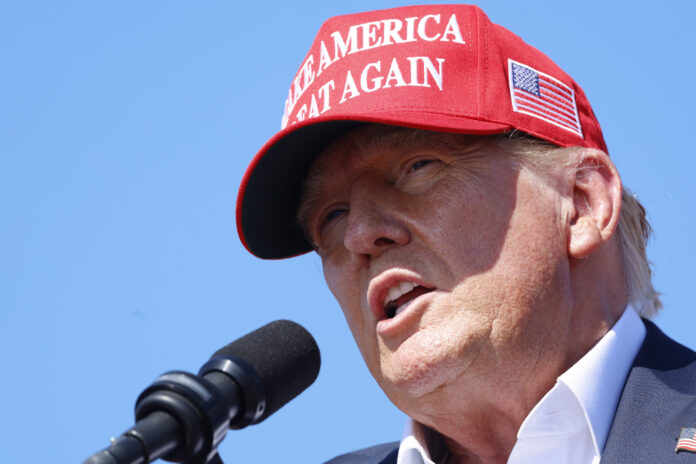Key Falsehoods or Claims: The article does not specifically mention any false claims or conspiracy theories associated with Kash Patel. It mainly focuses on the Senate’s concerns about Patel’s qualifications and his past work with Trump, particularly his involvement in pushing conspiracy theories related to the Russia investigation.
Source Bias: The Guardian US is generally considered to be a left-leaning publication, but it is known for its rigorous fact-checking and high journalistic standards. The article presents information in a balanced and neutral manner, providing insights from both sides of the political spectrum.
Analysis of Impact: The article does not delve into specific polling data or public statements regarding Patel’s potential appointment. However, it highlights the concerns of Senate members from both parties about Patel’s credibility and his previous engagement with promoting conspiracy theories. This raises questions about the potential impact on public opinion and the erosion of trust in key government institutions such as the FBI.
Threat to Democracy: The article underscores the potential threat to democracy posed by the appointment of individuals who have a track record of promoting falsehoods and conspiracy theories. It suggests that Patel’s nomination could further polarize public opinion and undermine the integrity of law enforcement agencies, which are essential for upholding the rule of law in a democratic society.
Hypothetical Scenarios: Hypothetically, if Patel were to be confirmed as the head of the FBI, it could lead to further skepticism and division among the public, especially if his past actions and associations with conspiracy theories resurface. This could potentially impact the credibility of the FBI and further fuel distrust in government institutions.
Further Reading: For further reading on the impact of misinformation and conspiracy theories on public opinion and democracy, reputable sources such as academic journals in communication and political science, as well as non-partisan fact-checking organizations, can provide valuable insights into the dynamics of media influence and misinformation studies. Additionally, following reputable political analysts and media scholars on social media or subscribing to credible news outlets can offer ongoing analysis of these issues.
Source link
Redirect URL
